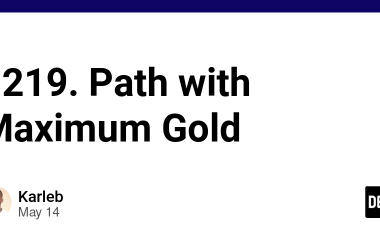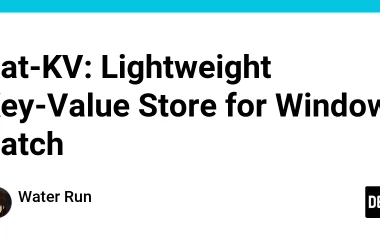It’s not often you finally build something you’ve been dreaming about for more than a decade.
For me, that moment came today.
While what I’m presenting today is far from complete and still only offers a few features, the way it is built is an achievement I have been dreaming of for many years.
How to compute astronomical data
You open your favourite weather app. It tells you the Sun will rise at 07:34 today, and you trust it. There’s no reason not to. But how does it know? Then, you change your location to see how the weather is in another part of the country, and you realise the sunset time is different. Finally, you also realise the app tells you what is the current Moon phase, and when the next full Moon will happen. How does it know what will happen tonight, tomorrow, a year from now?
I wasn’t satisfied with simply coding and manipulating astronomical data. I wanted a deeper understanding of the entire process, from how the data is gathered to how the sky fundamentally operates.
I believe astronomical data is universal, pun intended. If scientists managed to understand how the sky works, then this knowledge should be accessible to everyone.
Astronoby
Four years ago, I started working on Astronoby, initially basing my work on many astronomy and astrometry books. More recently, Astronoby was refactored to use raw position data of Solar System objects directly from the best sources available: IMCCE and NASA. The former provides astronomical data for EU countries, while the latter is the US space agency.
Astronoby is open source, so all the code and logic to transform the data, all the algorithms to compute event times, everything is accessible for anyone to understand how it works and spot any mistakes I might have made. It is precise enough to enable any amateur telescope to target planets for the next 50 years, accurate to the second.
Finally, with access to accurate astronomical data based on logic that is open to anyone, I can finally tackle my decade-long goal: build my own astronomical tool and make it accessible to the public. This is Caelus.
Caelus
Caelus is heavily inspired by the amazing Heavens Above. Aside from the fact that Heavens Above currently provides many more features, the main difference is that everything in Caelus is traceable.
If Caelus shows a sunrise time of 07:34, you can trace back to the source data and understand the entire chain of logic that produced it. This includes the algorithm calculating the Sun’s position, the code handling the observer’s location, and even adjustments for atmospheric effects. Every single piece of data can be checked by the user, making it truly universal.
What’s now, what’s next
Currently Caelus offers three main webpages that provide most of the general information about tonight for the observer.
You will see information about the Moon
Dedicated information about the Sun
Information about the visibility of planets
Accessible deep-sky objects visible from your location
The two main things I want to focus on now are the documentation and an observation planner.
The first is creating educational content that explains the astronomy behind the data. This will include definitions for common terms, explanations of physical effects (like atmospheric refraction), and a breakdown of the calculations. If the user doesn’t know how to read Ruby code but still wants to learn more about how we compute this data and what it means, I want Caelus to help.
The observation planner will be a way to specify what you’re interested in, when you’re going to observe the sky and where you will be observing from, and Caelus will provide all the right data so that the user can plan their observation night.
I’m also keen to hear from the community and try to produce whatever data people are interested in. I want Caelus to become a useful and educational open source tool.
The entire project is open source and hosted on GitHub: https://github.com/rhannequin/caelus. I welcome feedback, ideas, issues, and pull requests from anyone interested in collaborating.
Cheers! 🌌
Cover picture credits: altargods.com






